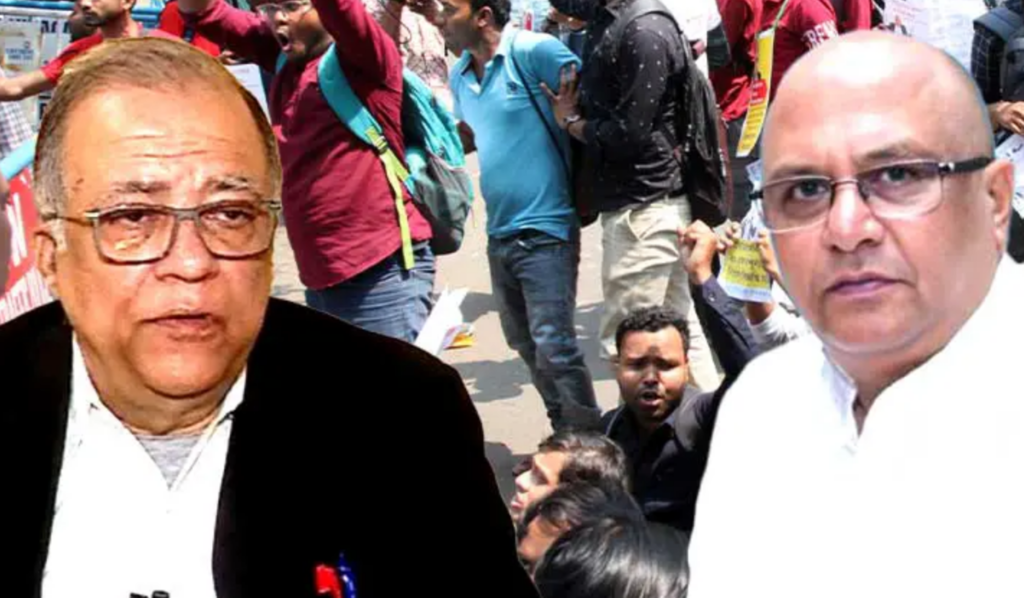Supreme Court Upholds Kolkata High Court’s Verdict, Cancels SSC 2016 Recruitment: What’s Next for the Affected Candidates?

In a landmark decision, the Supreme Court of India has upheld the Kolkata High Court’s ruling and completely annulled the 2016 School Service Commission (SSC) recruitment process. As a result, 25,752 employees have lost their jobs. The verdict has sparked widespread debate, raising critical questions—is there any legal recourse left for the affected candidates? What do legal experts say about the possibility of seeking justice?
Legal Experts Weigh In on Possible Legal Avenues
According to renowned lawyer Arunava Ghosh, the only legal option left is filing a review petition. However, he pointed out that reviews are only considered in cases of technical errors, and even then, the chances of success are extremely slim. He stated:
“The Supreme Court rarely changes its own verdicts after issuing a judgment. The scope for modification is minimal.”
Expressing his disappointment over the mass job loss, he further added:
“This situation is unfortunate. The Supreme Court should have considered the fact that so many people have lost their livelihoods. Those who secured jobs fairly should not have to suffer. The judiciary should first examine its own merit-based selection process before delivering such verdicts.”
Former Advocate General Echoes the Same Sentiment
Jayanta Mitra, former Advocate General of West Bengal, also agrees with Arunava Ghosh. He reiterated that filing a review application is the only available option, but historically, review petitions against Supreme Court orders have had a very low success rate.
Explaining how the apex court delivers its final judgments, he said:
“Unlike lower courts, the Supreme Court does not declare its final verdicts in open court. Instead, the bench deliberates in private chambers before reaching a decision.”
On the impact of the ruling, he remarked:
“This is both good and bad. The unfortunate reality is that many candidates no longer have the mental or physical energy to go through another examination process. The real culprits behind this situation are the School Service Commission (SSC) and the state government, whose mistakes have caused thousands to suffer.”
What Are the Constitutional Provisions for Review?
Senior advocate Firoz Edulji highlighted that under Article 137 of the Indian Constitution, the Supreme Court has the authority to review its own decisions. While some uncertainty exists about whether an appeal can be made against the Chief Justice-led bench’s verdict, there are no legal restrictions on filing a review petition.
However, veteran Supreme Court lawyer Ashwini Upadhyay cautioned that review petitions have a 99.99% rejection rate, making them a highly unlikely path to success.
Final Thoughts: Is There Any Hope for Affected Candidates?
While a review petition remains a legal option, the likelihood of overturning the Supreme Court’s verdict is extremely low. Thousands of affected candidates now face an uncertain future, with little hope for a legal remedy. The ruling has once again put the state government and SSC’s flawed recruitment process under scrutiny, highlighting the urgent need for reforms in public sector hiring.
For now, the affected individuals must brace themselves for a challenging road ahead, as the legal doors seem almost closed.
